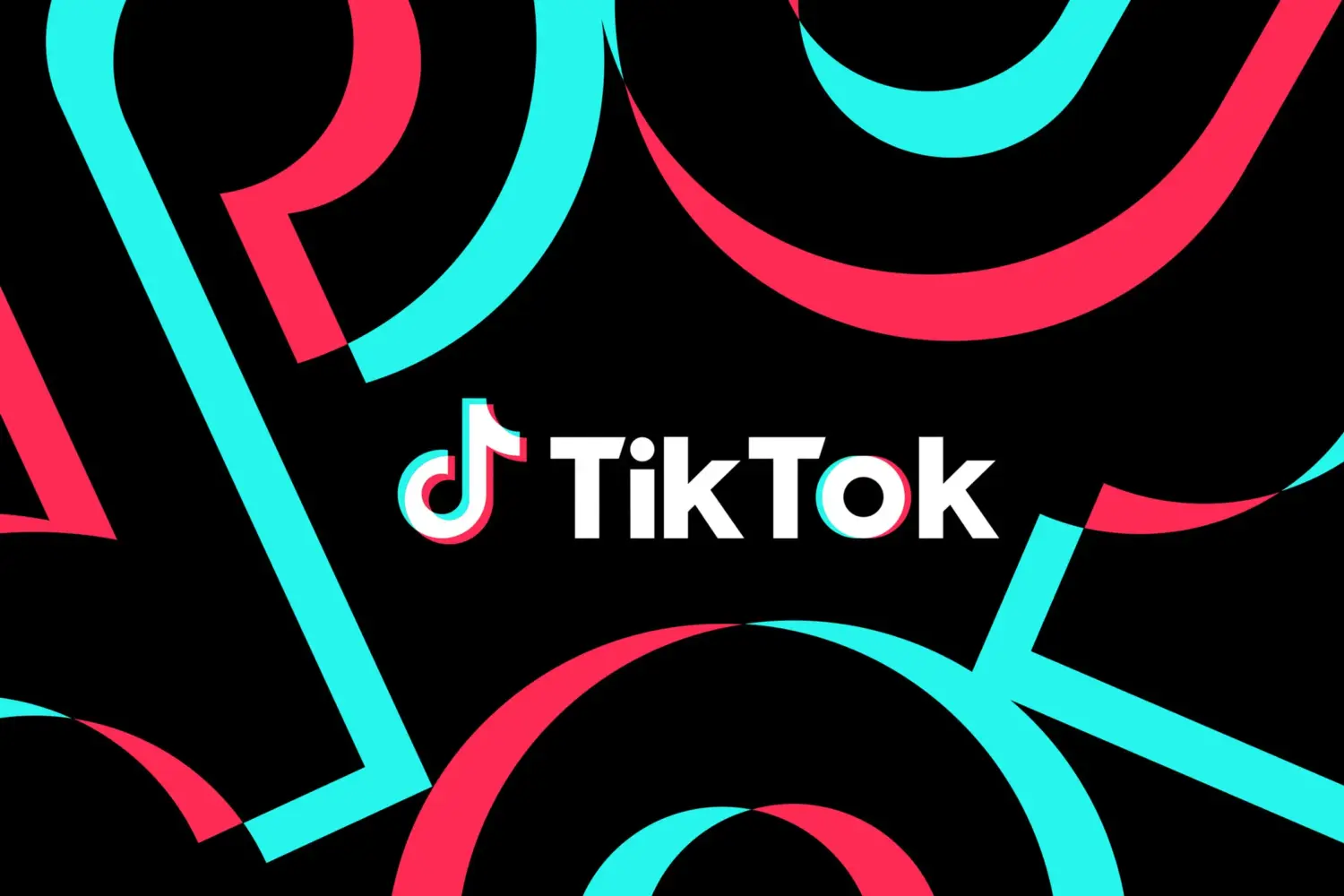Apple Music is adding a new dimension to its streaming service with the introduction of Sound Therapy, a curated set of playlists designed to support mental focus, relaxation, and sleep. Developed in collaboration with Universal Music Group, this new feature remixes existing tracks using sound manipulation techniques aimed at promoting cognitive well-being.
Rather than launching entirely new music, Sound Therapy reworks songs already available on Apple Music, blending them with elements like white noise, auditory beats, and specific sound wave frequencies. The result is a listening experience that retains the essence of familiar tracks while subtly enhancing them to encourage particular mental states.
There are currently three themed playlists: Sound Therapy: Focus, Relax, and Sleep. Each uses different audio techniques informed by cognitive science and psychoacoustics. For example, Apple notes that gamma waves and white noise may help support concentration, while theta waves are intended to ease the mind into relaxation. Pink noise and delta waves—often compared to the sounds of rain or wind—are used in sleep-focused tracks to promote deeper rest.
The playlists leverage UMG’s proprietary audio processing technology and are positioned as an “audio wellness” feature rather than a traditional music offering. While Apple isn’t the first to explore the intersection of music and mental health, integrating these techniques directly into mainstream music tracks is a less common approach. Whether the outcome resonates with listeners as effective or merely ambient remains to be seen.
Sound Therapy is available exclusively to Apple Music subscribers. It follows the recent addition of a Viral playlist powered by global Shazam trends, suggesting Apple is exploring both the health and discovery angles of digital music streaming more aggressively.
With subscription prices starting at $5.99 for students and $10.99 for individuals, Sound Therapy may add value for listeners looking to incorporate more intentional, wellness-oriented content into their daily routines. Still, the success of this feature will likely hinge on its ability to meaningfully deliver on its promise of improved focus and rest—rather than simply rebranding ambient listening under a new label.





